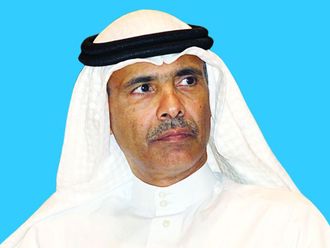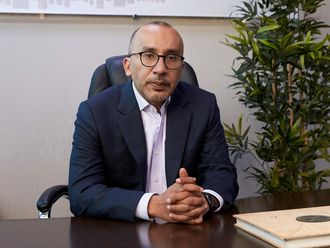This year’s Knight Frank “Global Cities Report” looked at what constitutes best-in-class across all aspects of property: encompassing building design, occupier trends, place making, investment strategy, and mix of uses. However, success in real estate is often achieved by being on the ground where economic growth is strong.
This raises the question — what does a best-in-class city economy look like?
The answer is increasingly about having the culture, diversity, lifestyle, and opportunities necessary to draw talented people. While employers can provide a micro-location — the workplace — where these factors are brought together, they must similarly exist at a city-level to generate the critical mass of skilled and creative people necessary to feed growth for successful firms.
This creates a self-fulfilling prophesy in which the most talented people want to live there. In turn, the best employers locate there to tap that high value workforce.
The cities that genuinely achieve this are those in the lead ranking of global cities. Locations are losing businesses, jobs or investment to places that are.
In today’s world the cities that are successfully earning the right to be called a global city are those at the forefront of the tech and creative revolution, which is demonstrated by economic growth. Since 2007, the GDP of Berlin, with its thriving technology scene, has expanded by 19 per cent, whereas in finance-oriented Frankfurt output grew by just 5.9 per cent, according to Oxford Economics.
Similarly, in the US we see tech- and R&D-oriented cities like San Francisco (17.6 per cent GDP growth since 2007) and Boston (15.2 per cent) outperforming locations like Chicago (6.2 per cent) and Miami (6.6 per cent). However, note the level of growth seen since 2007 in cities such as London (21.2 per cent) and New York City (11.5 per cent).
Both were finance-led cities back in 2007, and which successfully re-weighted towards technology and the creative industries in the last decade. This arguably makes adaptability a greater strength than a large tech exposure. If the technology sector moves into a downturn, we will find out whether Berlin can quickly reposition itself towards the next rising industry.
To a property investor London and New York City offer the security of having proved themselves capable of reinvention. The picture that we see emerging is that the ability of a city to draw in fast rising tech and creative firms is defined by whether the location has the ability to become a city that offers inspiration and contains as much wow-factor as a Google office. If it hopes to draw firms of that calibre ...
A city must provide the ambitious with a stage they want to succeed on, because impressing bohemian friends in the cool part of town is more important than pleasing any boss.
So logically the next and final question is simple, is Dubai a global super city?
It certainly does not lack the wow-factor, but Dubai is much more than the eye-catching commercial and residential real estate it is renowned for. In recent years, Dubai has excelled in attracting young international talent, but mainly to the worlds of finance and business.
Now Dubai is seeking to diversify by offering the kind of culture, work hubs and social spaces that see a new generation of creative pioneers who consider working and living in Dubai in the way they might in London, Berlin or New York. These amenities come in many package, from its offering of world-class lifestyle in locations such as DIFC, to the cultural offerings at Dubai Opera and Dubai Design District, The Dubai World Cup and Art Dubai.
All of this is underpinned by a population that contains over 200 nationalities.
These factors combined with Dubai’s strategic location and business credentials continue to produce results. The population has grown by over 85 per cent over the last decade and GDP by 29.5 per cent over the same time period. Dubai is certainly seen as a global city by both businesses and by employees.
To maintain its global city status, Dubai must continue to be an open, diverse and vibrant place to live and work to ensure it continues to excel as of one the world’s super cities. At a time where many developed economies are facing populist pressure to step back from globalisation, Dubai’s openness to it will mean it will continue to be a regional hub for global business.
The writer is a Senior Analyst at Knight Frank












